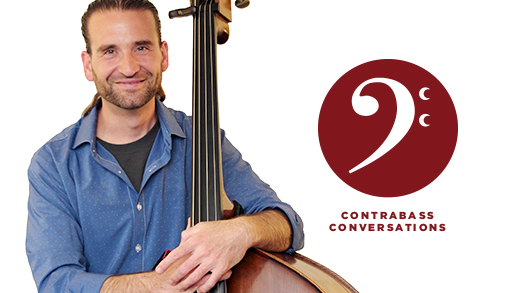Today’s podcast features an interview with Todd Coolman, who has just released his latest album Collectibles. Todd is actually playing a CD release event tonight at Smoke Jazz Club in New York City to celebrate the release of the album, which also features Bill Cunliffe on piano and Dennis Mackrel on drums. This is the second time Todd has appeared on the podcast—you can hear his interview with Win Hinkle in our archives.
Todd and I cover all sorts of interesting topics in this interview, including his experiences moving from a full-time faculty position down to part-time and the opportunities that opens up for him. We talk about his classical foundation on the bass and dig into classical and jazz crossover and how lessons learned in one genre are valuable in the other. We also talk about skills the modern music student needs to be successful and what colleges can do to help facilitate this, and we get into details about recording this new album.
If you enjoyed this episode, check out our interviews with Carlos Henriquez, Chuck Israels, Larry Gray, Ron Carter, Lynn Seaton, and Rufus Reid!





